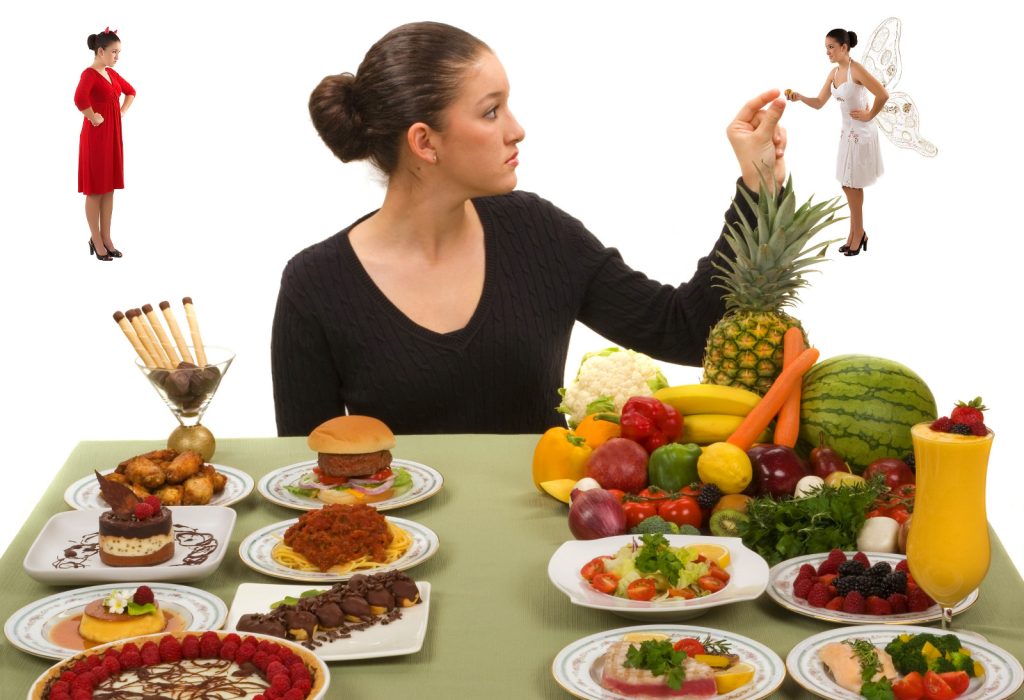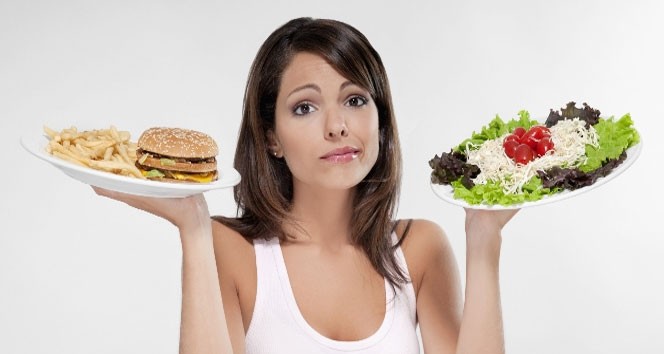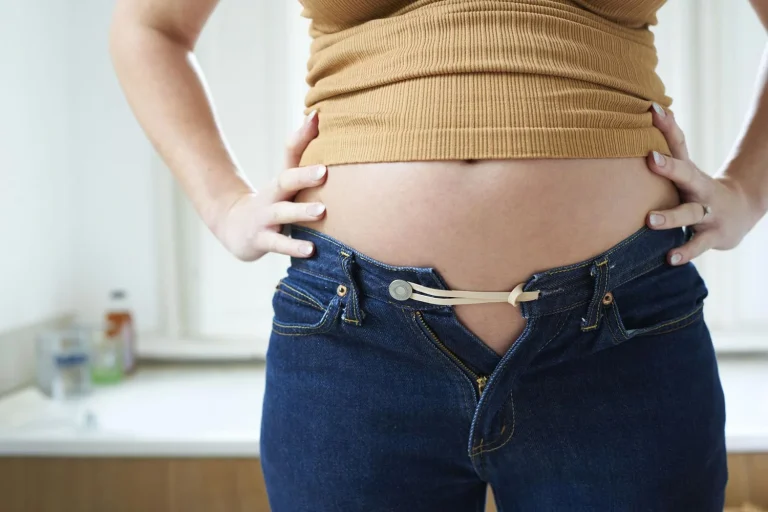Balanced Nutrition: A 21-Day Healthy Living Program
Balanced nutrition and a healthy lifestyle have become some of the most searched topics recently. But what exactly does balanced eating mean? What should a proper meal plan include? A dietitian answers these frequently asked questions. Here are 21-day recommendations and recipes for a healthier lifestyle!

What Do We Mean by Balanced Nutrition?
Balanced nutrition means avoiding extremes neither eating too little and starving yourself nor overindulging until you feel uncomfortably full. Instead, it involves consuming an appropriate amount of food while making healthy choices from all food groups. So, how can we adopt this habit and make it a part of our daily lives?
To integrate balanced eating into our lifestyle, we should commit to following this approach strictly for at least 21 days without any deviations.
What to Do and What to Avoid for 21 Days
Avoid
– Avoid white or brown sugar and foods that contain them, such as cakes, cookies, chocolate, pastries, ice cream, flavored yogurts, puddings, sugary tea or coffee, and soft drinks.
– Stay away from white bread, pastries, pasta, bagels, biscuits, cookies, and other starch-based foods.
– Completely avoid junk food such as chips, biscuits, wafers, packaged ice cream, and fruit juices, as well as alcoholic beverages.
– Quit smoking or at least cut it down by half.
– Reduce salt intake by avoiding processed foods, canned goods, and excessive table salt.
Do
– Limit sugar intake to 2-3 servings of fruit per day and one teaspoon of honey or molasses or two squares of dark chocolate.
– Choose whole grains such as whole wheat bread, whole rye bread, oatmeal, bulgur, quinoa, buckwheat, and whole wheat pasta. You can also bake with whole wheat flour.
– Drink 2.5-3.5 liters of water per day.
– Limit coffee to a maximum of 2 cups per day.
– Exercise for at least 30 minutes daily—whether it’s a brisk walk or another physical activity.
– Get an average of 6-8 hours of sleep per night.
– Opt for natural herbs and spices to enhance flavor instead of excessive salt.
– Eat mindfully by chewing slowly and paying attention to portion sizes to prevent overeating.
– Incorporate more fiber into your diet with vegetables, legumes, and whole grains to support digestion and gut health.
– Prioritize home-cooked meals to have better control over ingredients and portion sizes, reducing reliance on processed or fast food.
– Practice stress management through meditation, deep breathing, or engaging in hobbies to prevent emotional eating and promote overall well-being.

What Should You Do After 21 Days?
Once you complete the 21-day challenge, try to extend it for 40 days and then aim for 8 weeks (56 days). This will help solidify healthy eating as a permanent habit.
After your body adjusts to a balanced diet:
- Increase your daily fruit intake to 3-4 servings.
- Occasionally consume refined sugar, white flour, high-fat foods, fast food, and snacks but in moderation (e.g., once or twice a week).
- This way, you won’t feel deprived but will still maintain a healthy and well-balanced lifestyle.
Healthy Recipes for a Balanced Diet
7-Day Sample Meal Plan
Day 1
Breakfast: 1 boiled egg, cottage cheese, tomatoes, cucumber, greens, whole wheat bread
Snack: 1 medium pear
Lunch: 1 bowl of lentil soup, grilled fish, salad
Snack: 3 dried apricots, raw almonds
Dinner: Bulgur and spinach sautéed in olive oil, yogurt
Snack: Walnuts
Day 2
Breakfast: Cottage cheese with red pepper flakes, egg, olives, tomatoes and peppers, whole rye bread
Snack: 1 small bunch of grapes
Lunch: Meatballs (without bread), salad, whole wheat pasta
Snack: Plain probiotic yogurt, flaxseed
Dinner: Fresh green beans with meat, cacık, tomato bulgur pilaf
Snack: Fresh coconut
Day 3
Breakfast: 1 cup probiotic drink with cinnamon, pomegranate, oatmeal
Snack: 1 slice of pineapple
Lunch: Oven-baked chicken breast, salad, lentil and bulgur pilaf
Snack: Raw cashews
Dinner: Wheat soup with yogurt, steamed broccoli with olive oil and lemon
Snack: Unsalted roasted chickpeas
Day 4
Breakfast: Omelet with dill and cheese, whole wheat bread
Snack: Walnuts
Lunch: Whole wheat pasta with ground beef and tomatoes
Snack: Raw almonds
Dinner: Baked healthy zucchini fritters, yogurt
Snack: 1 small carrot
Day 5
Breakfast: Banana smoothie
Snack: 1 kiwi
Lunch: Beef sautéed with mushrooms, bulgur pilaf
Snack: 2 dates, raw hazelnuts
Dinner: Grilled zucchini, eggplant, and peppers, yogurt, whole rye bread
Snack: 2 tangerines
Day 6
Breakfast: Menemen (Turkish-style scrambled eggs with tomatoes and peppers), whole wheat bread
Snack: 2 dates, raw hazelnuts
Lunch: Chickpeas with meat, cacık, buckwheat pilaf
Snack: Whole wheat bread, low-fat white cheese
Dinner: Artichokes with olive oil, yogurt
Snack: Unsalted peanuts
Day 7
Breakfast: Yogurt with flaxseed and cinnamon, 1 slice of pineapple
Snack: Roasted chickpeas
Lunch: Quinoa salad with tuna
Snack: 15 raisins, raw hazelnuts
Dinner: Ground beef and cauliflower sauté, yogurt, whole wheat bread
Snack: Cucumber

Mentioned portion sizes may vary based on individual needs, so no specific amounts are given except for daily fruit intake, which is limited to two servings.
By following this 21-day balanced nutrition program, you can build sustainable healthy habits and improve your overall well-being!






